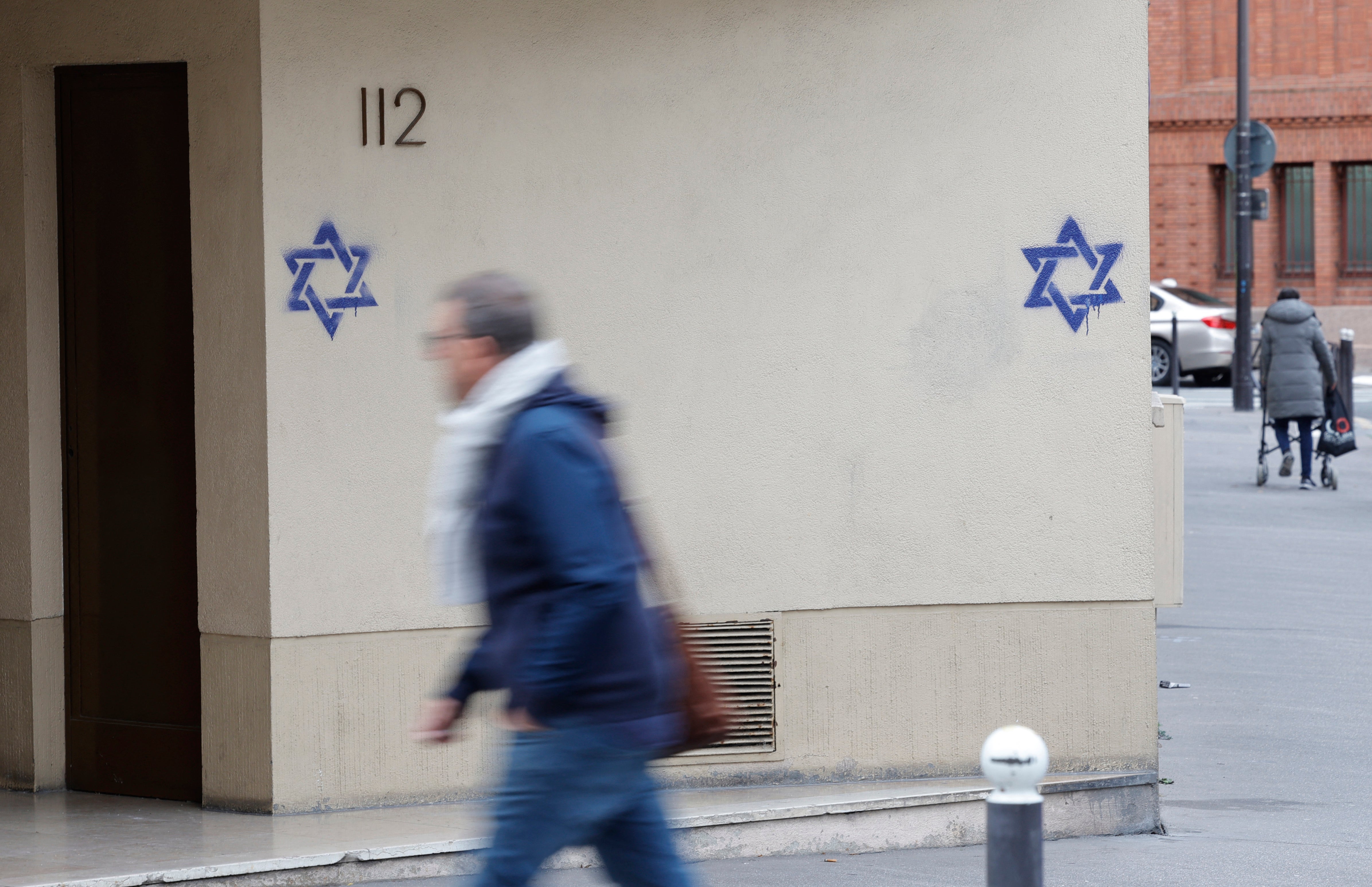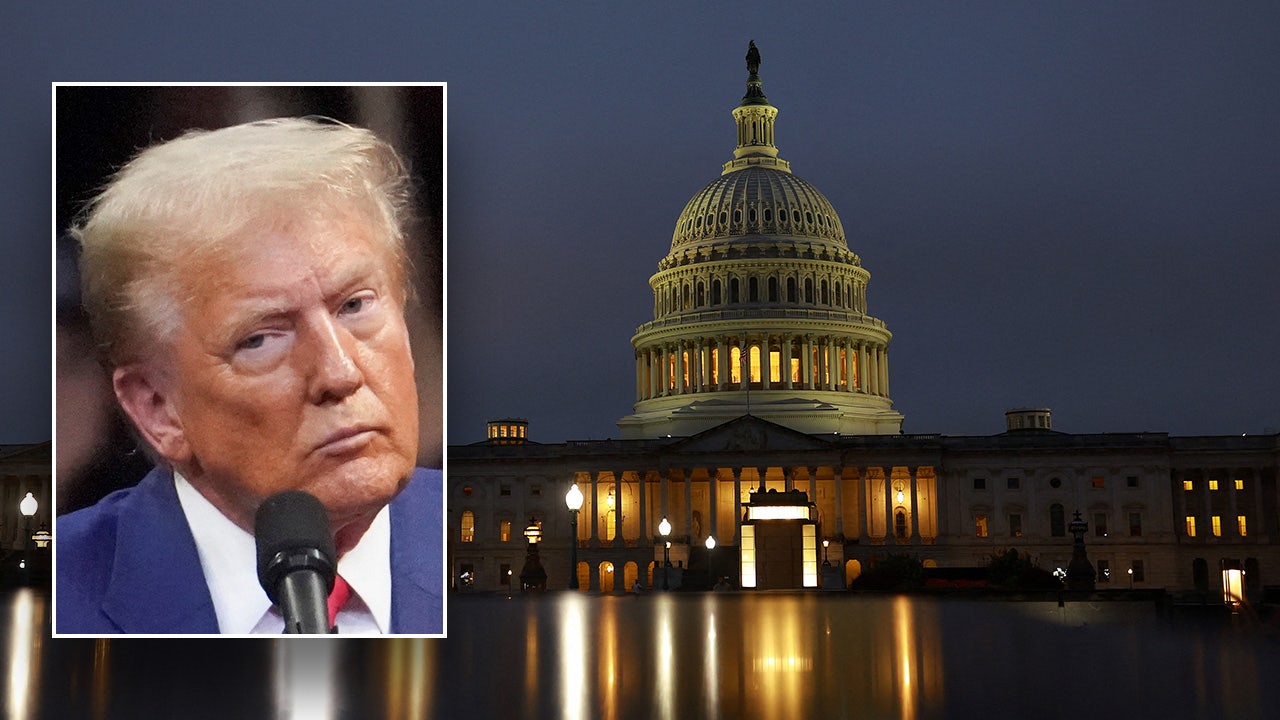The country’s president, a trusted ally of France, was taken hostage in the presidential palace by his own guards in late July. Protesters massed at the French Embassy soon after, setting it on fire and shattering windows. A colonel in uniform appeared late Thursday on state television and announced that the military was ending its cooperation with France.
The chaos in the West African nation of Niger over the last 10 days was a repeat of earlier turmoil in nearby Burkina Faso and Mali — all three of which are former colonies of France, all struggling to put down violent insurgencies and all taken over by military juntas in recent years.
The coups have fanned the flames of popular anger against France, a former colonial power that critics say never really let go of its former possessions. Now, France has become a scapegoat of sorts in a region buckling under the forces of poverty, climate change and surging Islamist militancy.
“France did not see this coup coming, so they have not learned from Mali or Burkina Faso,” said Mujtaba Rahman, the managing director for Europe at Eurasia Group, a consultancy. “A clear domino theory for the 21st century.”
The upheaval in Niger has threatened the interests of both France and the United States, which have sent troops as well as military and economic aid to the region in an effort to assist countries fighting off insurgents.
Neighboring countries are also turning against one another: A bloc of West African countries unsettled by the coups has imposed sanctions on Niger and is threatening military intervention if coup leaders do not reinstate the president by Sunday. Mali and Burkina Faso — which are seen as aligned with Russia — have vowed to defend Niger’s coup makers.
Nearly half of the countries in Africa were at one time French colonies or protectorates. For decades, France has kept close albeit complicated ties with many former colonies, including a military presence, economic influence and direct access to heads of state, a web often referred to as “Françafrique” that came to embody France’s obsession with keeping a foothold there.
Aware of growing resentment, President Emmanuel Macron of France vowed when he was elected in 2017 to reset the relationship with the continent. He increased development aid to African countries, championed the push to return looted artifacts to Africa and promised to downsize France’s military presence.
But in many former French colonies, little changed in practice, critics say. Detractors accuse France of a paternalistic approach in Africa, maintaining close ties with authoritarian leaders in places like Chad and Cameroon.
Under the leadership of President Mohamed Bazoum, who has been detained since July 26, Niger had been a key Western ally in a troubled region, and a favored recipient of foreign aid.
Several thousand Western troops are stationed in the country, including 1,100 Americans and 1,500 French deployed in the fight against terrorism in the Sahel, a semiarid region plagued by the extreme effects of climate change and armed insurgents linked to Al Qaeda and the Islamic State.
That fragile structure of Western aid and military assistance is now in doubt, with France’s position in disarray. A departure of French troops would likely force the departure of American troops as well, analysts say, with U.S. officials unlikely to trust Niger’s ruling generals.
“The military junta in Niger is seen as unreliable to put confidence in, because of the quick moves to get cozy with Mali’s and Burkina Faso’s leaders,” said Aneliese Bernard, a former U.S. State Department adviser who has worked in Niger. Those leaders, who also took power in coups, have moved closer to Russia in recent years, and have met with at least one coup leader in Niger. Ms. Bernard said the recent developments in the country would likely accelerate a long-anticipated move of American troops from there to countries on the coast of West Africa.
If French troops leave Niger, Chad would remain the only country in the Sahel region known to host a French base.
This past week, France evacuated more than 550 of its nationals from Niger, citing growing insecurity following the attack on its embassy.
Niger accounts for about 10 percent of France’s uranium supply for its nuclear reactors. The French company Orano, formerly known as Areva, has been accused of environmental pollution in the area around the mine — angering some Nigeriens.
“Fifty years that France exploits our uranium, enough is enough,” Salim Sidimou, a 27-year-old student, said on Thursday at a protest in Niamey, Niger’s capital.
Recent political upheavals in West Africa have so far not destabilized France’s trade on the continent. Its biggest African trading partners are Egypt, Nigeria and South Africa. Companies like Total Energies still have thousands of gas stations across Africa. Millions of West Africans rely on the French satellite television channel Canal+ to watch soccer.
Yet that economic footprint is fading as American start-ups challenge French telecom companies in the mobile money sector, African banks replace French ones, and Turkish or Chinese constructions companies win contracts once awarded to French firms. In the banking and the automobile sectors, French companies have lost their monopolies in West Africa.
In 2000, France accounted for 10 percent of Africa’s international trade, said Etienne Giros, the president of a group representing French economic interests on the continent. It has since fallen below 5 percent.
Recent coups and rising anger against France’s policies in the region did not favor investments, Mr. Giros added. “But we’re used to it,” he said. “This is Niger’s fifth coup.”
France’s perceived inability to stem jihadist insurgencies in West Africa has also added to public anger.
Rabi Ousmane, a mother of four present at the protest in Niamey, said she hated France because her husband, a Nigerien soldier, had died in a 2019 attack by insurgents and France had done “nothing to prevent it.”
“Long live the military men of Niger and to Tchiani,” she said, referring to Gen. Abdourahmane Tchiani, who claimed power in the coup.
When France ended a nine-year military intervention in Mali last year after a major fallout with the new military rulers, its soldiers relocated to Niger to continue counterterrorism operations in the region from there. In January, Burkina Faso terminated its military agreement with France, which soon pulled out its 400 troops, including 200 special forces.
French diplomats and military officials said at the time that they had learned from their mistakes: France would stop flying its flag over military bases in this corner of Africa and would focus on supporting the needs of African militaries instead of conducting operations on its own.
It appeared to be working. In the first six months of this year, political violence and civilian casualties decreased in Niger. On a recent trip to Washington, senior Nigerien military officials boasted that levels of violence were lower than in neighboring countries, Niger’s ambassador to the United States said in an interview this past week.
“There was a belated recognition by Macron and the French military leadership that they needed to be less condescending,” said Nathaniel Powell, a historian who has written a book on France’s military operations in Chad, Niger’s neighbor. “France had taken a back seat, and Niger was taking the lead.”
Had France adopted that approach earlier, Mr. Powell suggested, it may not face the challenges it now finds itself in. “They were winning on the operational front. But not with public opinion.”
Declan Walsh contributed reporting from Nairobi, Kenya, and Omar Hama Saley from Niamey, Niger.





